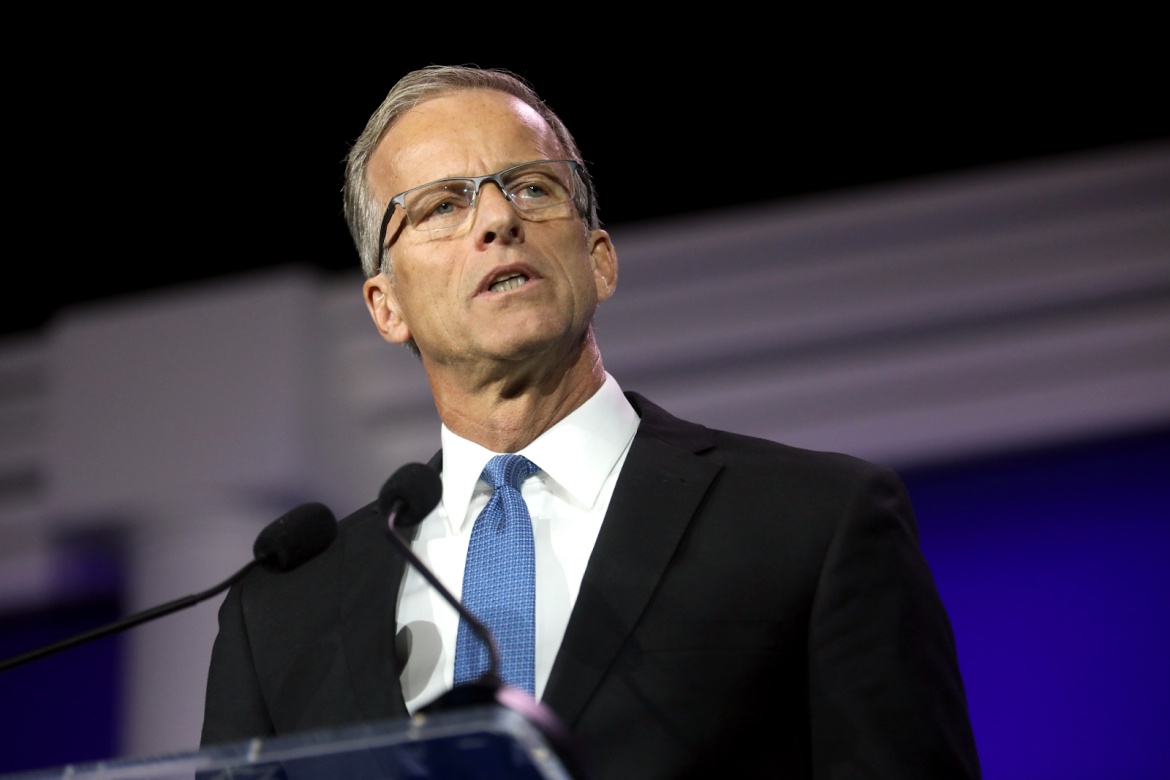President Trump’s ambitious “One Big Beautiful Bill Act” is igniting a significant budget battle in the Senate, with a faction of Republican lawmakers openly advocating for spending cuts rather than the increases proposed in the House-passed legislation. This internal GOP pushback could lead to major revisions.
The bill, which combines tax cuts with increased military and border spending and cuts to Medicaid, is moving through the reconciliation process, allowing for a simple majority vote. However, the narrow Republican majority means that the demands of fiscal conservatives for reduced spending are proving highly influential.
Senators Ron Johnson and Rand Paul are at the forefront of this movement, vocally criticizing the bill’s projected $3.8 trillion increase in the deficit over ten years, as estimated by the CBO. They argue that the bill is financially “unsustainable” and are pushing for a leaner, more fiscally responsible approach.
The controversial Medicaid provisions, including new work requirements, are also a major point of contention. Furthermore, the Byrd Rule could potentially strip out non-budgetary provisions related to AI regulations, judicial power, or Planned Parenthood, ensuring that the bill that ultimately reaches President Trump’s desk will be considerably different from the House’s initial proposal.

